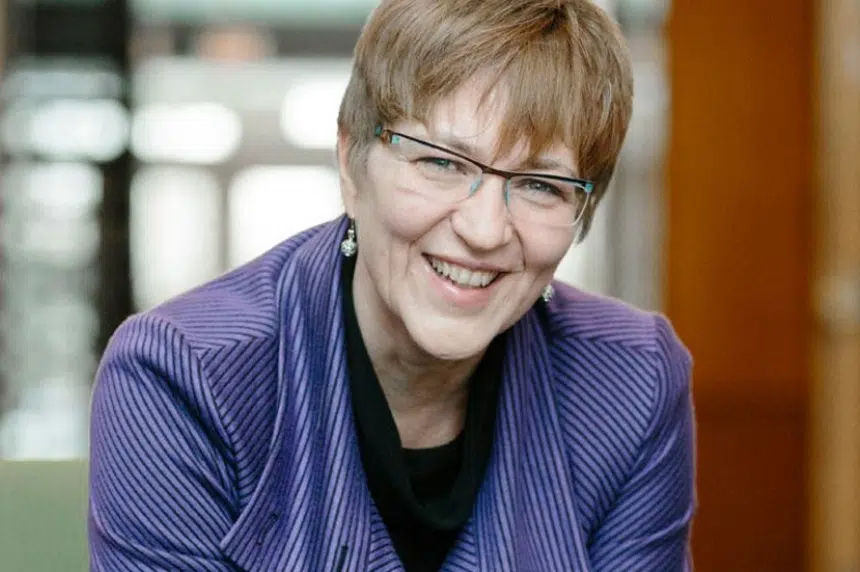A University of Saskatchewan professor has a key role in Canada’s inquiry into missing and murdered indigenous women.
Marilyn Poitras, a professor with a focus on indigenous law, was named as one of the inquiry’s five commissioners during a ceremony at the Canadian Museum of History in Gatineau, Que. Wednesday morning.
Under the Inquiries Act, the commissioners will have the same powers as any court in a civil case to enforce the attendance of witnesses and compel them to give evidence.
They may also examine all papers, documents, vouchers, records and books belonging a public office or institution.
According to a U of S biography, Poitras joined the Faculty of Law in 2009. She has worked in private practice and litigated in every level of court in Canada.
Poitras began her legal career as a Native Court Worker before moving into Constitutional law. Since then, she has worked on numerous initiatives for legal education, including the precursor to the Akitsiraq Law School in Nunavut – where she’s also worked as a professor – and later helped develop the U of S Indigenous People’s Resource Management Program.
The online biography lists the professor’s experience in developing “self-government with the Beaufort Delta Agreement, treaty implementation with the Federation of Saskatchewan Indian Nations treaty table justice portfolio, as well as the revisions to the Saskatchewan Métis election process.”
Her work is not only in Canada: Poitras continues to research ancestral domain and land conflict in Central Mindanao, a region of the Philippines.
Poistras will be joined by four other commissioners:
- Marion Buller: chief commissioner, B.C.’s first female First Nations judge
- Michele Audette: former president of the Native Women’s Association of Canada
- Qajaq Robinson: An Ottawa-based, Nunavut-born lawyer who practices civil litigation with an emphasis on aboriginal law
- Brian Eyolfson: First Nations lawyer based in Ontario
The national inquiry — designed to be arm’s length from government once it is up and running on Sept. 1 — is expected to last at least two years and cost at least $53.8 million.
– With files from the Canadian Press







